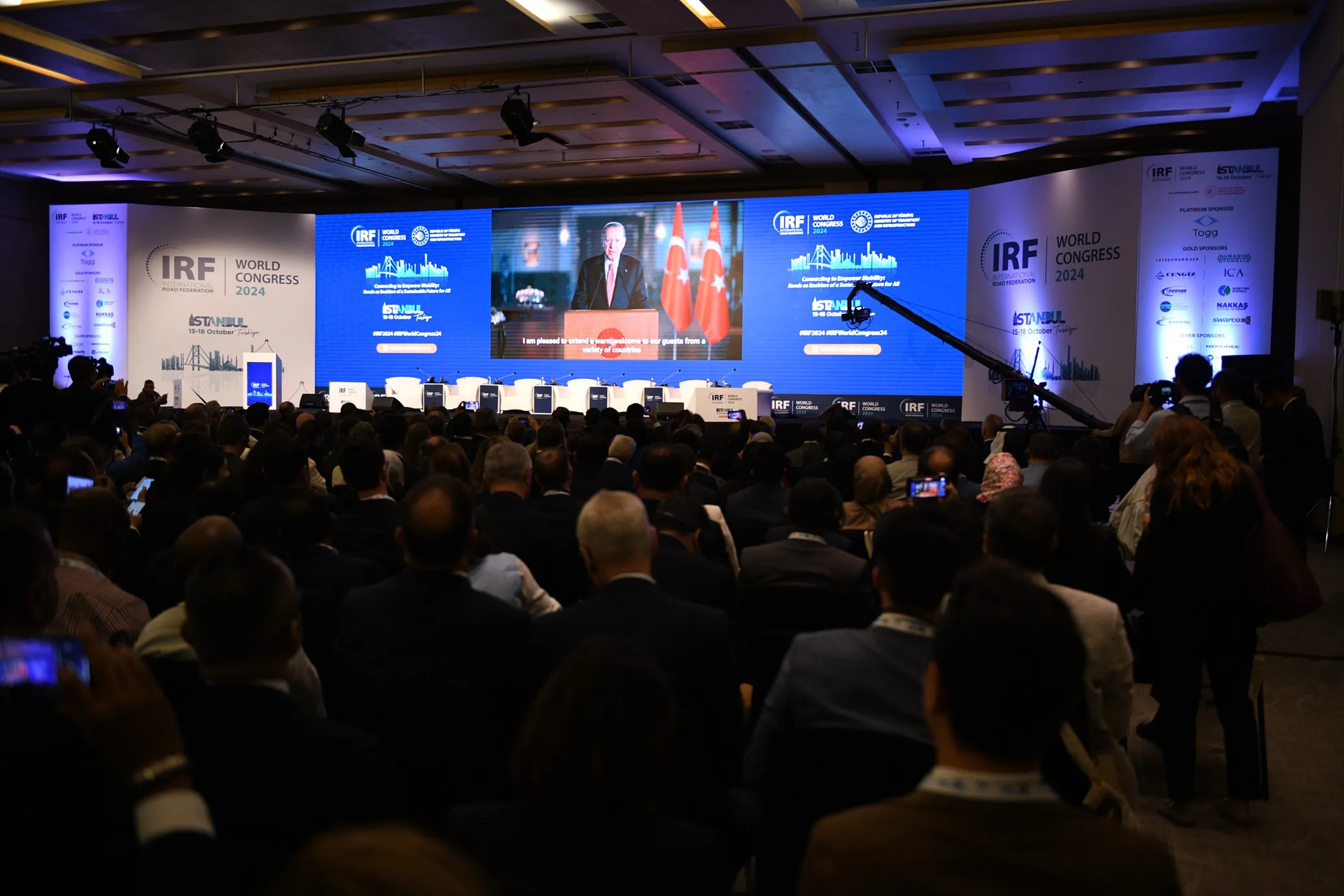After years of renovation, Cambodia's modern railway system has commenced commercial rail operations on the 256 km southern line between the capital city of Phnom Penh and Sihanoukville Port. The renovation was carried out with financial support from the Asian Development Bank (ADB) and development partners. "ADB welcomes this first commercial train service to the Port of Sihanoukville which marks a significant development towards the completion of the long-awaited Pan-Asian railroad - a contiguous Iron Sil
January 2, 2013
Read time: 2 mins
After years of renovation, Cambodia's modern railway system has commenced commercial rail operations on the 256 km southern line between the capital city of Phnom Penh and Sihanoukville Port.
The renovation was carried out with financial support from the2128 Asian Development Bank (ADB) and development partners. "ADB welcomes this first commercial train service to the Port of Sihanoukville which marks a significant development towards the completion of the long-awaited Pan-Asian railroad - a contiguous Iron Silk Road stretching from Singapore to Scotland," the bank said.
Speaking at the launch, Minister of Public Works and Transport Tram Iv Tek said the new railway will bring a range of benefits to Cambodia. "It will lower the cost of staple commodities that poor Cambodian families depend on," he said. "Also, it will improve road safety by taking dangerous cargoes, such as the fuel trucks driving between the oil terminal in Sihanoukville and Phnom Penh, off the roads."
In addition, he said, it will position Cambodia as a true sub-regional transportation hub, reducing the time and costs of transporting a range of products.
According to ADB, another 337 km of railway, the northern Line, linking Phnom Penh to Poipet and Thailand, is expected to be opened in phases between 2014 and 2015.
The total project cost of the Greater Mekong Sub-region Rehabilitation of the Railway project in Cambodia, amounting to US$141.6 million, is financed by an ADB loan of US$84 million, a Cambodian government contribution of US$20.3 million, an Australian grant of US$21.5, an OPEC Fund for International Development loan of US13 million and a Malaysian grant of US$2.8.
The renovation was carried out with financial support from the
Speaking at the launch, Minister of Public Works and Transport Tram Iv Tek said the new railway will bring a range of benefits to Cambodia. "It will lower the cost of staple commodities that poor Cambodian families depend on," he said. "Also, it will improve road safety by taking dangerous cargoes, such as the fuel trucks driving between the oil terminal in Sihanoukville and Phnom Penh, off the roads."
In addition, he said, it will position Cambodia as a true sub-regional transportation hub, reducing the time and costs of transporting a range of products.
According to ADB, another 337 km of railway, the northern Line, linking Phnom Penh to Poipet and Thailand, is expected to be opened in phases between 2014 and 2015.
The total project cost of the Greater Mekong Sub-region Rehabilitation of the Railway project in Cambodia, amounting to US$141.6 million, is financed by an ADB loan of US$84 million, a Cambodian government contribution of US$20.3 million, an Australian grant of US$21.5, an OPEC Fund for International Development loan of US13 million and a Malaysian grant of US$2.8.








